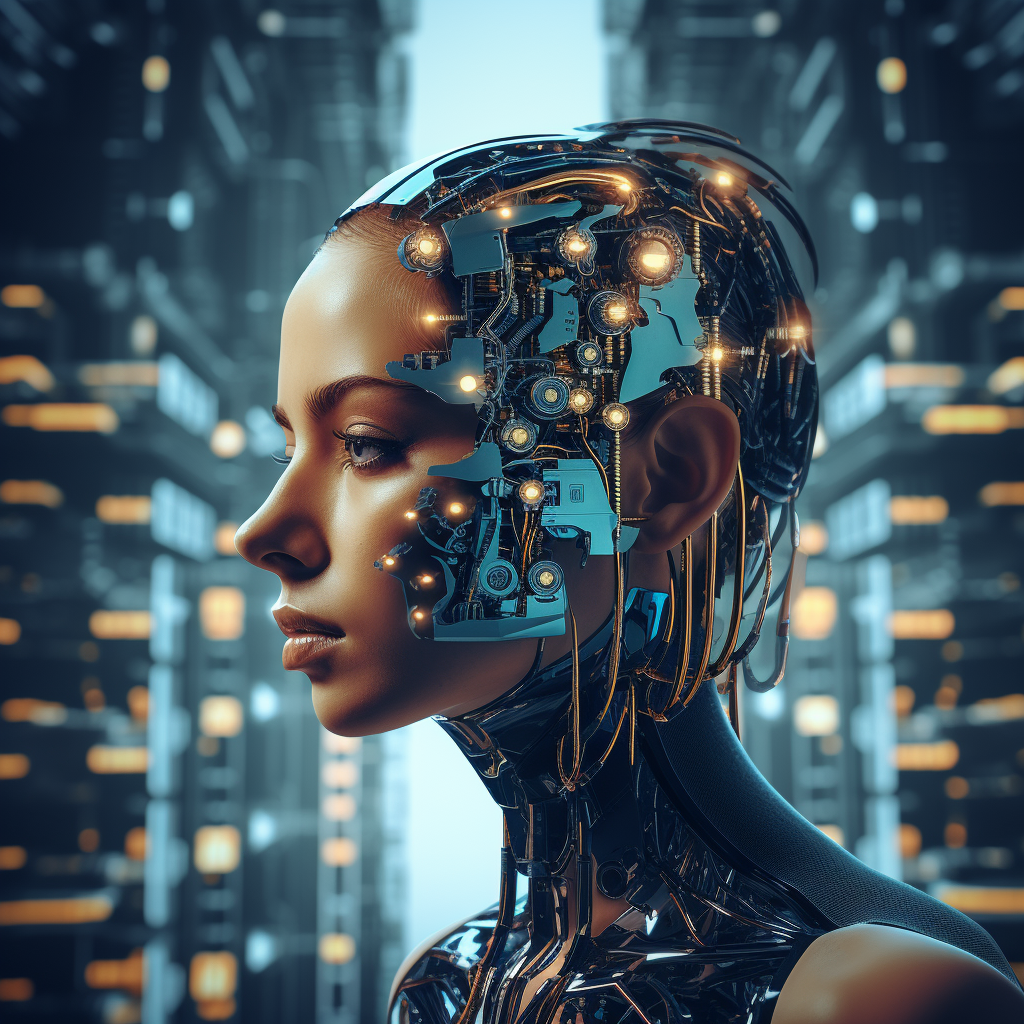As we advance into 2024, the intersection of quantum computing with artificial intelligence (AI) and machine learning (ML) is creating groundbreaking possibilities. Quantum computing, characterized by its ability to handle complex calculations at unprecedented speeds, is poised to significantly amplify the capabilities of AI and ML systems. This article explores the transformative impact of quantum computing on AI and ML and the potential it holds for various industries and scientific research.
Quantum Computing: A Catalyst for AI and ML Evolution
Quantum computing operates on the principles of quantum mechanics, such as superposition and entanglement, enabling it to process vast amounts of data much more efficiently than traditional computers. This makes it particularly suited for enhancing AI and ML algorithms, which require extensive data processing.
Enhancements in AI and ML Capabilities
Accelerated Data Processing: Quantum computing can analyze and process large datasets at a speed unattainable by classical computers, significantly accelerating AI and ML tasks like data mining, pattern recognition, and complex simulations.
Advanced Algorithm Development: The quantum paradigm allows for the development of new, more efficient algorithms for AI and ML. These algorithms can solve complex problems much faster, leading to quicker and more accurate decision-making.
Improved Optimization: Quantum computing is exceptionally well-suited for solving optimization problems, which are central to many AI and ML applications. This can lead to more efficient resource allocation, better recommendation systems, and enhanced predictive models.
Challenges and Considerations
Hardware Limitations: Despite rapid advancements, quantum computing hardware is still in a relatively nascent stage. Developing stable, large-scale quantum computers that can consistently support AI and ML applications remains a significant challenge.
Integration with Existing Systems: Integrating quantum computing capabilities with existing AI and ML frameworks requires significant technical expertise and innovation. There is a need for new development tools and platforms to bridge this gap.
Skill Gap: There is a growing need for professionals skilled in both quantum computing and AI/ML. The current skill gap poses a challenge for the full realization of the potential of quantum-enhanced AI and ML.
Future Prospects
The integration of quantum computing with AI and ML has the potential to revolutionize various sectors, including healthcare, finance, transportation, and scientific research. In healthcare, for instance, it could lead to more accurate diagnostic tools and personalized medicine. In finance, quantum-enhanced algorithms could result in more sophisticated risk assessment models.
Conclusion
Quantum computing’s impact on AI and ML in 2024 signifies a leap forward in computational capabilities. While challenges in hardware, integration, and expertise exist, the potential benefits are immense. Quantum-enhanced AI and ML are not just incremental improvements but represent a paradigm shift in how we approach complex problems, promising to unlock new levels of efficiency, accuracy, and innovation across various fields. As we continue to explore this synergy, it is clear that quantum computing will play a pivotal role in shaping the future of AI and ML.







